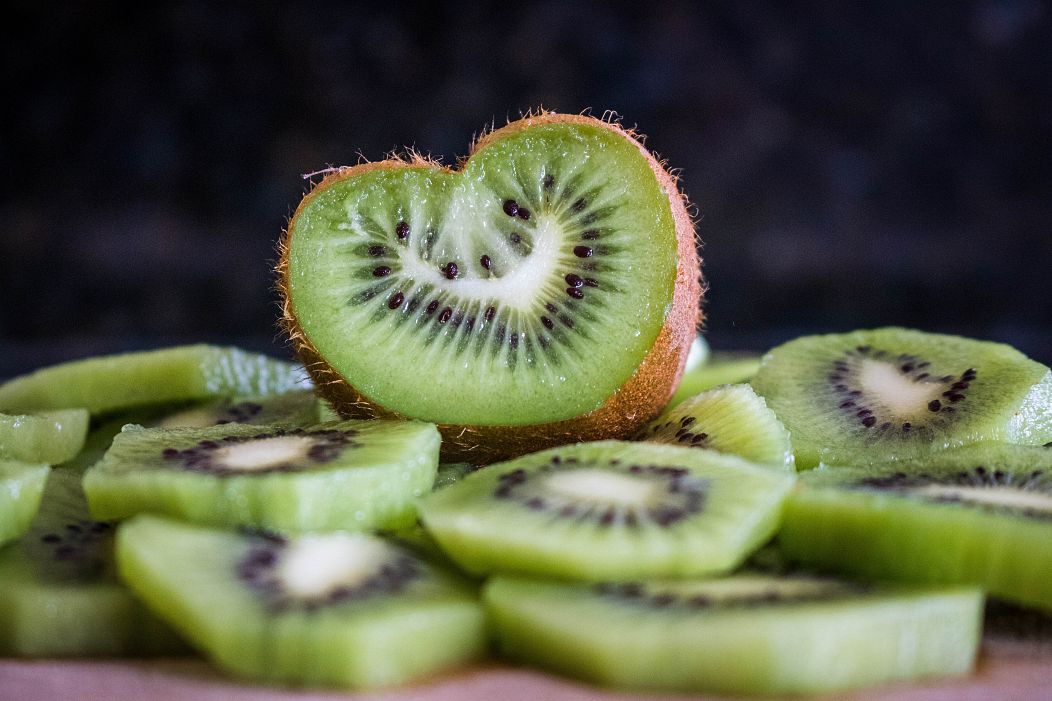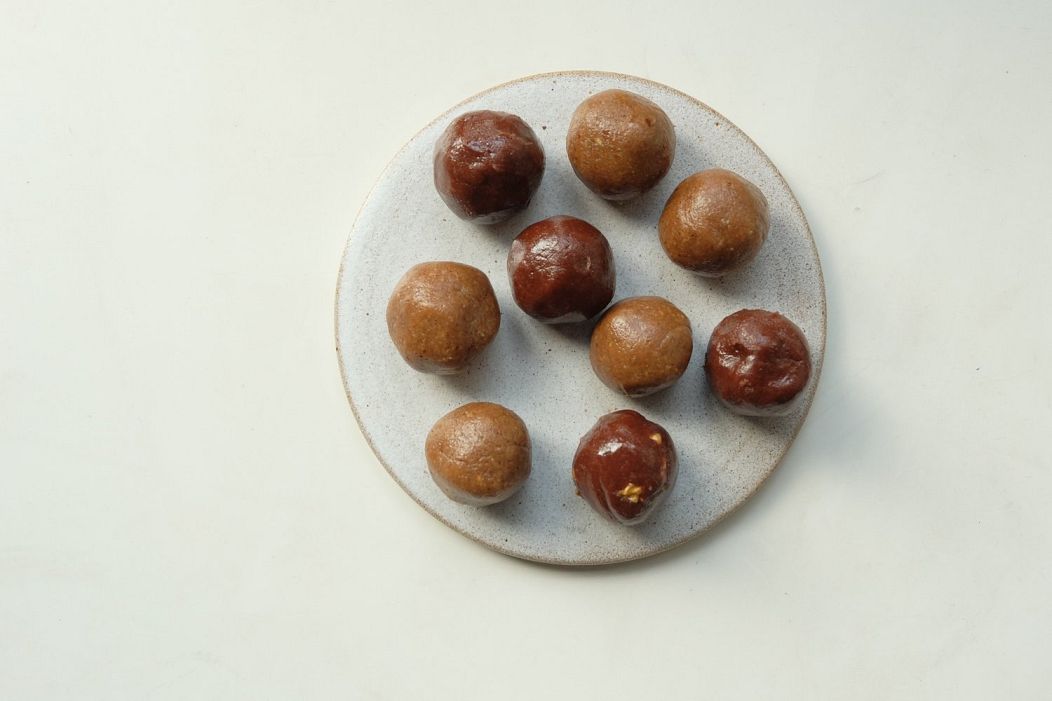Consultant Dietitian and Nutritionist Paula Mee tells us which foods to stock up on and which to avoid.
Our immune systems do a remarkable job at fighting off foreign cells to protect us against illness. Varying factors are at play, such as age, which determine how resilient this defence system will be. Naturally, when a global health pandemic strikes, we’re bound to feel more concerned than usual about staying strong and healthy. As, until a vaccine is available, “our immune systems will need to adapt unaided to COVID-19”, says the World Economic Forum.
So how does the immune system actually work? Our bodies make proteins called antibodies that destroy abnormal cells, but the battle all depends on how healthy we are, both mentally and physically, in the first place. All sorts of factors can affect our immune systems, from a stressful lifestyle or poor sleeping pattern, to a diet lacking in essential nutrients. As a result, sometimes this multi-level system fails us and a germ invades successfully.
The question is, is it possible to “boost” our immune systems to help fight off viruses? The idea of boosting your immunity might seem “enticing” but “the ability to do so has proved elusive”, according to Harvard Medical School.
We spoke to Irish Consultant Dietitian and Nutritionist Paula Mee to find out what this really means.
“The immune system is always on,” she begins. “Even when we’re sleeping, it’s stopping pathogens from invading our bodies - this makes it impossible to measure. The cosmetics industry tends to talk about ‘boosting’ it but, as nutritionists, we think ‘sustaining’ or ‘supporting’ is a more accurate way of putting it.”
What foods can we eat to help keep our immune systems balanced?
"You don’t need a strong immune system but a balanced one”, Rafael Máñez, head of intensive care unit at Bellvitge Hospital, Barcelona, told Euronews.
There are certain foods to stock up on that are vital for the normal function of our immune systems, Paula agrees. “In Ireland, where I’m from, vitamins A and D are particularly lacking in people’s diets. Vitamin D is so important, it helps to keep bones, teeth and muscles healthy. Hopefully you will have some stores of Vitamin D tucked away after the sunshine this summer, but if not, you can get your dose from oily fish like salmon or mackerel, and even eggs have a little too.”
Many consumers have been “loading up on orange juice” during the COVID-19 lockdown, believing it to be a sure-fire way to get that vitamin C hit. It’s known as the vitamin that wards off colds and helps with wound healing, but surely there are other places to get it other than oranges? “Vitamin C is an interesting one,” says Paula, “people assume it’s a safety net, and it is important, but contrary to popular belief, it only shortens the length of colds, rather than preventing them in the first place.” Ideally you would eat it fresh, she goes on, “broccoli is a great source of vitamin C, as is cauliflower, and so are kiwis!”
The mineral zinc also helps develop white blood cells, the immune cells that fight off foreign bacteria and viruses. A zinc deficiency can greatly increase our risk of infection, Paula says. “Zinc is found in abundance in oysters and shellfish. Lean red meat is another good source but vegetarians have to rely on other foods to ensure adequate zinc, such as pumpkin and other seeds, fortified cereals and low fat yoghurt and milk.”
In general, maintaining a healthy diet and building your immune system is about “breadth and coverage”, says Paula. “It’s no use overdosing on one fruit/veg that is particularly high in a certain nutrient, it’s all about balance. Probiotics are also extremely helpful at forming that resistant barrier, try natural yoghurt, fermented foods, tofu or miso soup for these.”
The wellness approach
For wellness and sustainability influencer, Danielle Copperman, staying healthy is a state of mind. “For me, the easiest way to cleanse and work to protect the body against viruses is to focus on three elements when it comes to food - fresh, active and alive.”
“I eat seasonal, natural foods on a daily basis which, combined with a regular excersise routine, has meant that I haven’t had a cold in years. I feel rundown when I’m eating badly, it’s a cycle that affects everything from my energy to my skin, and my mood tends to be sluggish too. I’ve learnt that your gut and your brain really communicate.”
All you can do is what makes your body and your mind feel good, says Danielle. “I prefer fresh fruit and veg for example as, not only does it taste better, there’s no risk of the healthy enzymes being frozen, as can be the case with freezer food. I also take multivitamin supplements and cook with herbs, roots and spices like turmeric powder.”
Every morning, Danielle starts the day with a cup of turmeric powder in some hot water, “turmeric is a powerhouse!” she says, “it’s like a healing tonic”. She also recommends making date, cashew and ginger balls as a quick and healthy treat and batch cooking dahl, drawing on the more ayurvedic style of cooking.
“We don’t tend to use spices as much in western cooking, but things like turmeric, ginger, cumin seeds, garam masala and cardamom have been used for centuries to help build up the immune system in countries like India.”
To keep followers occupied, entertained and healthy during quarantine, Danielle has just launched an IGTV series on her Instagram account. You can expect recipes, yoga, pilates, barre, boxing/fitness, painting, sound healing, meditation, feng shui classes, live interviews, beauty tutorials and more.
Comfort food as instant gratification
Another challenge we face during the period of lockdown is maintaining good mental health in such uncertain times. Paula points out that one benefit we can see is that families are spending more and more time in the kitchen, “it’s a great time to feel inspired, try new recipes and take the time to cook with your kids,” she says.
However, “food can be emotional”, says Paula. “Food patterns are what’s key to staying healthy and, at times like this, we can turn to ‘comfort food’ for emotional support and instant gratification.” This often comes in the form of refined sugars, excessive carbohydrates - “tearing into that chocolate Easter egg”, Paula laughs. It’s so important to eat intuitively, as opposed to restrictively, she says, but excess sugars do take their toll on our immune systems. The most important thing here is that “the physical and the mental are inextricable, rather than two separate systems,” she says, referencing her own book, aptly entitled ‘Gut Feeling’, published in 2017.
Danielle agrees, “some people still think it’s hippy to associate our diets with mental health, but I really believe in it.” Citing her own favourite book, ‘Anatomy of the Spirit’, by Caroline Myss, Danielle describes the philosophy as the belief that disease manifests in the body as a result of grief or poor mental health. The book is all about promoting emotional and spiritual healing.
Coronavirus is a new threat that we are facing as a planet, she says. As such, all we can do is take care of ourselves as best we can and be open to ways to stay mentally and physically healthy. “The idea that the mind and body are linked is no longer ‘away with the fairies’,” Danielle concludes, “but we must all continue to follow medical advice as our first port of call to beat the virus.”













